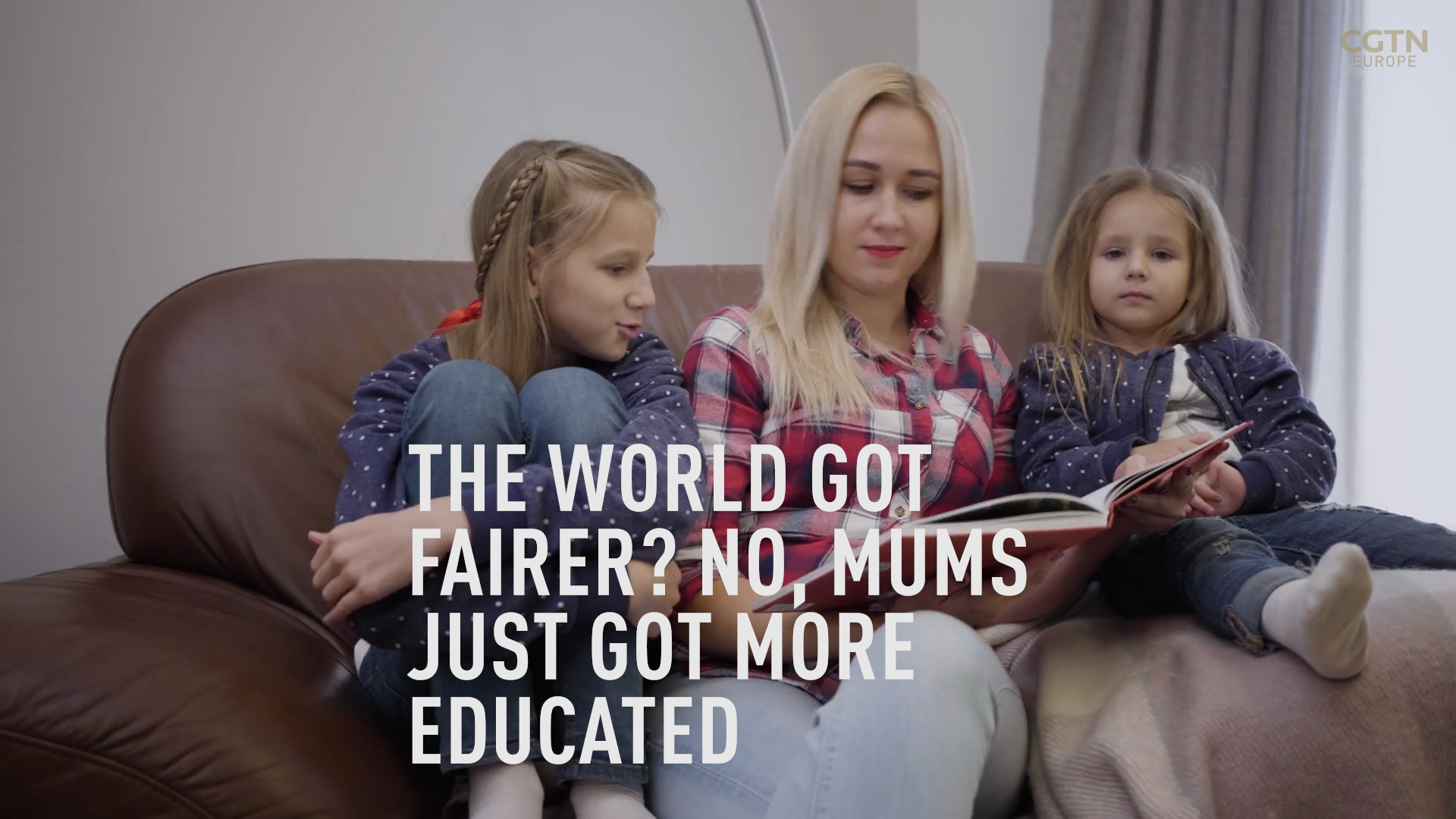00:34

Mums rather than dads are increasingly the drivers of children's education and policymakers must focus on this when trying to improve social mobility. That's the finding of a new study across 106 societies, which its authors insist is the first global gender-sensitive research of its kind.
Two Chinese-born professors – Yang Hu, of the UK's Lancaster University, and Yue Qian, of Canada's University of British Columbia – assembled a global dataset containing 1.79 million individuals born between 1956 and 1990.
Published in Nature Human Behaviour, the study found that a mother's educational status plays an increasingly important role in shaping their children's schooling. At the same time the importance of fathers' educational status has declined markedly.

Mums spend more time helping their children learn than dads. /Videoblocks
Mums spend more time helping their children learn than dads. /Videoblocks
"Governments and international organizations are working very hard to promote the global expansion of education, but our findings urge them to bring our understanding and measurement of social mobility into the 21st century, to be gender-sensitive and recognize the role of the mother," Hu tells CGTN Europe.
"Only by doing so can we truly and accurately understand where we are in the process of education expansion and what this means for social mobility worldwide."
READ MORE
Inside the UK's nuclear fusion plant
Italy's growing ageing problem
Spain's liquid gold flowing to China
Efforts to expand education provision were expected to create greater social mobility around the world, but the research suggests such predictions have been over-optimistic.
Hu and Qian found the importance of a mother's educational status has caught up with or overtaken that of a father, particularly in Africa, Asia, the Pacific and Europe. This is especially so among daughters, who they suggest look primarily toward their mothers for a role model.
"Mainstream social mobility research has focused primarily on father-child associations in educational status by not distinguishing between the mother and the father," says Hu. "More often than not, the mother has not been counted or they are overlooked by researchers."
00:53

Hu says the gender-blind patriarchal measurement of intergenerational educational mobility is increasingly untenable if we want to drive up learning standards worldwide.
"It's widely believed that education expansion is a great leveler and that it's allowed more children to participate in education and achieve educational success irrespective of their family background," he says.
"That would only seem to be the case if we followed previous research and looked solely at the father's education. Mother-child associations have grown even further in societies where mothers are increasingly paired with a less educated father."
Hu says this is partly because mothers still tend to bear the brunt of child-rearing worldwide. They spend more time overseeing homework and making strategic decisions about their child's schooling than fathers from the same background. Compared with less educated mothers, highly-educated mothers also have more time to invest in their children.
The findings did see some differences between the developed and developing world. Hu said that Europe – and some other growing economies like China – had seen the greatest development in education and a gender reversal in the educational gap.
"If we look into places like Africa, where women remain less educated than men, overall, the mother's education has started to catch up with that of the father, but the mother's influence still remains slightly lower than that of the father."
Subscribe to Storyboard: A weekly newsletter bringing you the best of CGTN every Friday